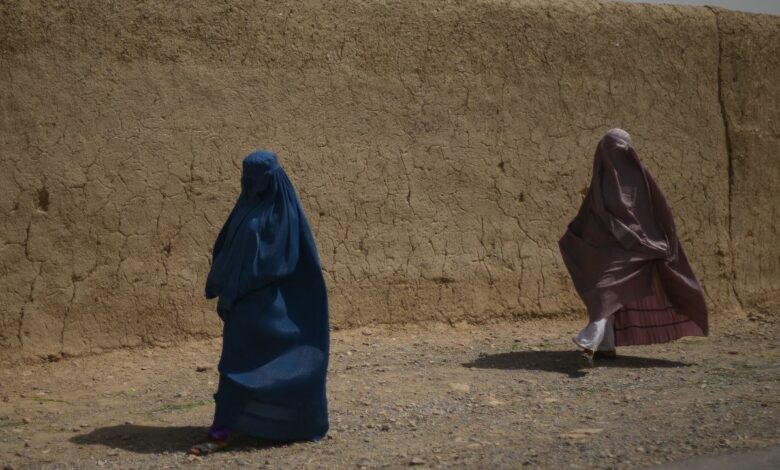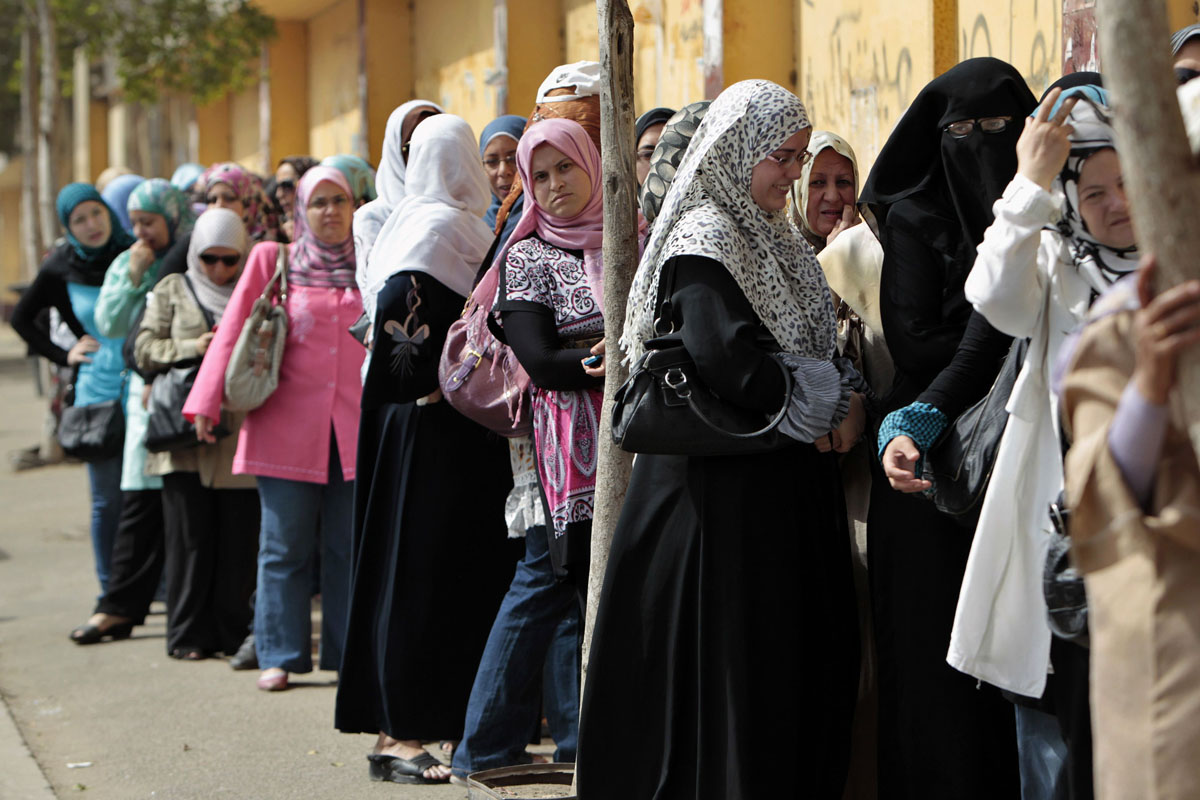
Non-compliance will result in revoking the licenses of said NGOs, the ministry said.
The ministry in the letter – whose validity its spokesman Abdul Rahman Habib confirmed to CNN – cites as reasons for the decision the non-observation of Islamic dress rules and other laws and regulations of the Islamic Emirate.
“Lately there have been serious complaints regarding not observing the Islamic hijab and other Islamic Emirate’s laws and regulations,” the letter said, adding that as a result “guidance is given to suspend work of all female employees of National and international non-governmental organizations.”
Earlier this week, the Taliban government suspended university education for all female students in Afghanistan.
A spokesman for the Afghan Ministry of Higher Education confirmed the university suspension to CNN on Tuesday. A letter published by the education ministry said the decision was made in a cabinet meeting and the order would go into effect immediately.
In a televised news conference on Thursday, the Taliban’s higher education minister said they had banned women from universities for not observing Islamic dress rules and other “Islamic values,” citing female students traveling without a male guardian. The move sparked outrage among women in Afghanistan.
It marks yet another step in the Taliban’s brutal crackdown on the freedoms of Afghan women, following the hardline Islamist group’s takeover of the country in August 2021.
The United Nations on Saturday condemned the Taliban’s announcement.
“Women must be enabled to play a critical role in all aspects of life, including the humanitarian response. Banning women from work would violate the most fundamental rights of women, as well as be a clear breach of humanitarian principles,” the UN statement read.
“This latest decision will only further hurt those most vulnerable, especially women and girls.”
It also added that it would try to obtain a meeting with Taliban leadership to seek clarity.
UNICEF said the order was an “egregious rollback of rights for girls and women (that) will have sweeping consequences on the provision of health, nutrition and education services for children.”
“UNICEF stands with every girl and woman in Afghanistan and demands that the Taliban immediately allow all women humanitarians to resume their lifesaving work for vulnerable families and communities,” UNICEF South Asia’s regional director George Laryea-Adjei tweeted.
Amnesty International called for the ban to “be reversed immediately” and for the Taliban to “stop misusing their power.”
“Women and girls should not be punished for demanding and defending their fundamental rights,” it said in a statement. “The right to work for all people, especially women in Afghanistan, must be fully realized in accordance with international human rights law.”
US Secretary of State Antony Blinken on Saturday also spoke out. “Deeply concerned that the Taliban’s ban on women delivering humanitarian aid in Afghanistan will disrupt vital and life-saving assistance to millions,” he wrote on Twitter.
“Women are central to humanitarian operations around the world. This decision could be devastating for the Afghan people.”
The United States Special Representative to Afghanistan, Thomas West, tweeted on Saturday the Taliban’s latest order is “profoundly irresponsible.”
“It poses mortal risks to millions who depend on life-saving assistance. Taliban ignoring their most basic responsibilities to their people,” West tweeted.
Though the Taliban has repeatedly claimed it would protect the rights of girls and women, it has in fact done the opposite, stripping away the hard-won freedoms they have fought tirelessly for over the past two decades.
Some of its most striking restrictions have been around education, with girls barred from returning to secondary schools in March. The move devastated many students and their families, who described to CNN their dashed dreams of becoming doctors, teachers or engineers.




